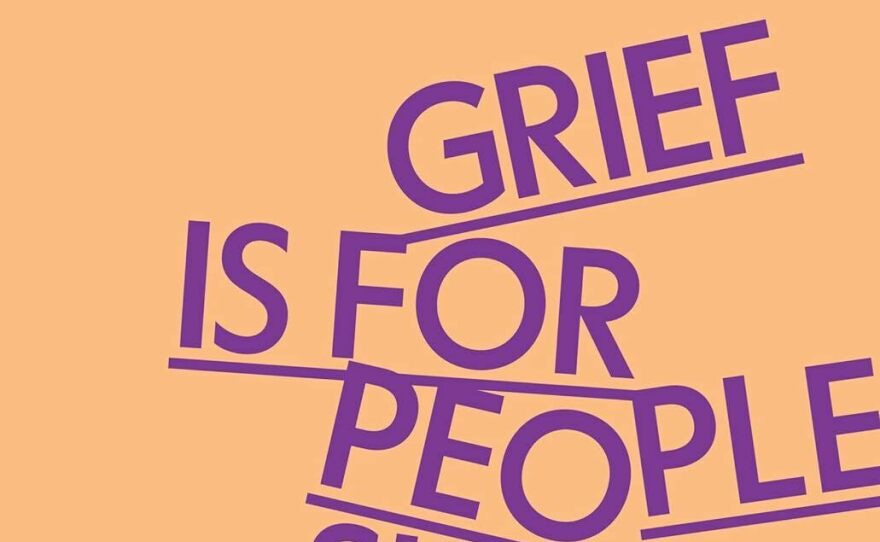(tw: suicide)
In May, I read — and adored — Sloane Crosley’s new memoir, Grief Is for People (2024).
Let’s get into it:
Grief Is for People by Sloane Crosley (2024) — In the summer of 2019, Sloane Crosley — author of I Was Told There’d Be Cake (2008), Look Alive Out There (2018), and more — experienced parallel losses. In June, someone broke into her West Village apartment and stole her entire jewelry collection. In July, her best friend and long-time mentor, Russell Perreault, committed suicide.
In Grief Is for People, Crosley examines the unexpected emotional connection she draws between the two experiences (“We like to speak of what the dead would have liked…I keep reading poetry and philosophy, looking for answers, looking for wisdom beyond my limitations. But I know one thing the poets and philosophers don’t: Russell. If he were writing this instead of me, he would tell you that his suicide only feels tragic but is not, in itself, a tragedy. We all die. Agreed? He might then say that, taken as a matter of inevitability, the burglary is ‘worse’ than the suicide because the burglary is neither universal nor voluntary.”). Her search for the missing jewelry, a seemingly solvable void, emerges as a crutch in the wake of Russell’s death, a point of action amidst the frustrating sense of futility spurred by grief.
Yes, this memoir captures the landmines of loss through clever, captivating prose (“They assure me I won’t feel like this forever. Oh, yeah? Everyone’s a psychic when you’re sad”). But, to me, its uniqueness lies in how it distills a distinctive kind of friendship. Crosley met Russell, a gay man twelve years her senior, working in the publicity department of Penguin Random House’s Vintage Books imprint. Their relationship quickly morphed into an indefinable partnership within and beyond the professional sphere, with Crosley writing: “He is my favorite person, the one who somehow sees me both as I want to be seen and as I actually am, the one whose belief in me over the years has been the most earned (he is not my parent), the most pure (he is not my boyfriend), and the most forgiving (he is my friend).”
I recall a 2010-era Tumblr platitude that said something along the lines of: “If a writer loves you, you can never die.” Over the course of the book, Crosley preserves her friend’s quirks and preoccupations, his best and worst qualities. In her review for The Washington Post, Becca Rothfeld writes: “Grief may follow a familiar path in every instance, but Russell himself was fiercely original, and Crosley paints a vivid and moving portrait of a singularity — a man who signed up for catalogues using his dogs’ names and wrote Crosley emails from an address he created for her cat. He was sharp, funny, unsentimental and given to light chiding of those he loved. ‘Why are you dressed like a traffic cone?’ he once asked Crosley when she wore a bright orange dress.”
Crosley decries authors who write “not ‘I miss this person,’ but ‘Miss this person as I do,’” as “too much laundering of empathy.” In Grief Is for People, she avoids this pitfall by illustrating how and why she misses Russell with such searing specificity that a diluted dialect of her loss emerges in the reader.
Stay tuned for the May Movie Review!
xo,
Najet





